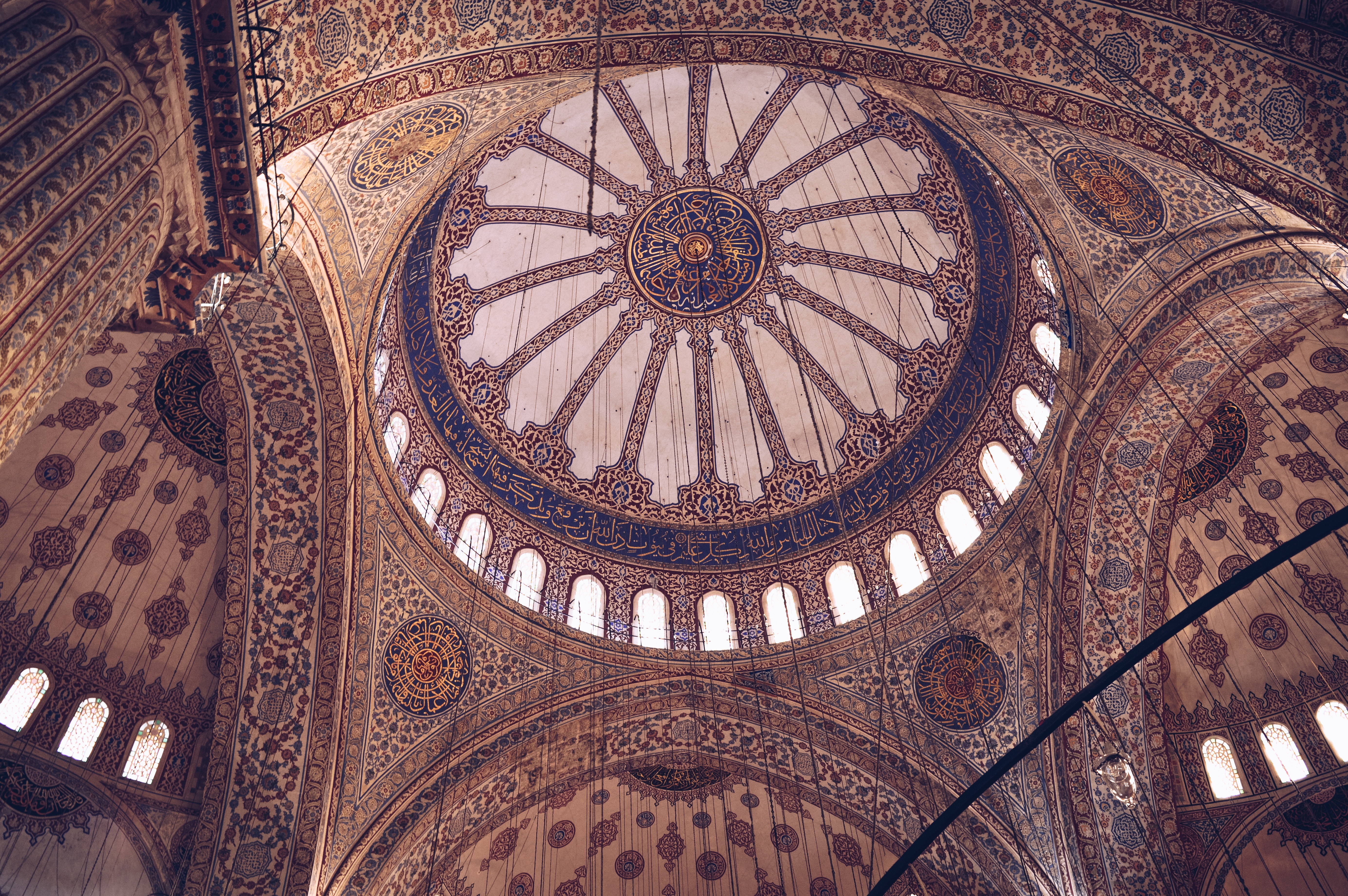Another pathway to spiritual growth is meditation, which is technically different than prayer, though the two are very much intertwined in practice. Meditation is the process of reflection and inner exploration that is part of every religion. Some of the eastern religions, like Buddhism and Hinduism, have developed meditation practices that are specific and these can be valuable to assist in the process, but meditation itself is universal and not specific to any particular religion.
The Prophet Muhammad is reported to have said “One hour’s reflection is equivalent to 70 years of pious worship” and his son-in-law Ali Ibn Talib said that “contemplation invites humanity towards good deeds and performance”. Baha’u’llah described it as an “ideal mine”, saying that the “source of crafts, sciences, and arts is the power of reflection”. Meditation and reflection is the opposite of “heedlessness” where you are immersed in your material desires and aren’t attentive to spiritual and moral principles. Indeed, one of the fruits of meditation is a quality known as “mindfulness” which has been shown to have many benefits, both for health and overall well-being.
In our busy world, with the distractions of our cell phones and all the elements that characterize our modern world, we all develop a little “attention deficit disorder”, where its hard to focus and look inward. Psalm 46 says to “Be still and know that I am God”. Some of the greatest challenge is just to remember to take the time, be still and undistracted, and connect with something Higher than yourself. Some of the passages we share in the next several posts will reflect this theme.
One of the distinctive features of the messages of Christ, Muhammad, and Baha’u’llah is the emphasis on the “Word of God”. The emphasis was likely there in earlier revelations as well, particularly the Hebrew scriptures, but the widespread use of writing is historically recent, so revelations before 2000 years ago would have been passed down through oral traditions and song. Christians regarded Christ as the “Divine Logos” or “Word of God” as it states in the first chapter of the Gospel of John- “In the beginning was the Word”, emphasizing that the spirit of Christ, as encapsulated in his words and his person, had transcendent qualities that went well beyond the actual words and person. This idea flowered in Islam, as the words of the Quran were regarded as the most sacred thing in existence. Baha’u’llah described the Word of God in similarly exalted terms, stating it was the “king of words” and it’s “pervasive influence is incalculable”. Indeed, He likens it to the creative energies that exist in all things, and are manifest in nature, and we can draw on those creative energies by meditating on the Word of God. Baha’is sometimes engage in “passage meditation” where you reflect on the particular meaning of a passage from the “Word of God”, drawing on its creative energies to transform your soul.
There is no doubt that these words, as reflected in all the sacred scriptures of all three of these great religions, have tremendous spiritual power. Their outer effects can be seen in the churches and mosques that dot the landscape of every country- over 300,000 churches in the US alone. The largest Muslim country in the world, Indonesia, has over 800,000 mosques. All of those were built by the spiritual energies of the words in their scriptures. But you don’t have to look outwardly to see their effects. It is better to feel them yourself, by meditating on the meanings of the Words of God and see their impact on your life.
We’ll leave you with one passage from Baha’u’llah, which adorns the first pages of every Baha’i prayer book, encouraging us to connect with the Word of God as revealed through the great revelations of God as a daily practice.
“Intone, O My servant, the verses of God that have been received by thee, as intoned by them who have drawn nigh unto Him, that the sweetness of thy melody may kindle thine own soul, and attract the hearts of all men. Whoso reciteth, in the privacy of his chamber, the verses revealed by God, the scattering angels of the Almighty shall scatter abroad the fragrance of the words uttered by his mouth, and shall cause the heart of every righteous man to throb. Though he may, at first, remain unaware of its effect, yet the virtue of the grace vouchsafed unto him must needs sooner or later exercise its influence upon his soul. Thus have the mysteries of the Revelation of God been decreed by virtue of the Will of Him Who is the Source of power and wisdom.”
Photo by Holger Link on Unsplash








